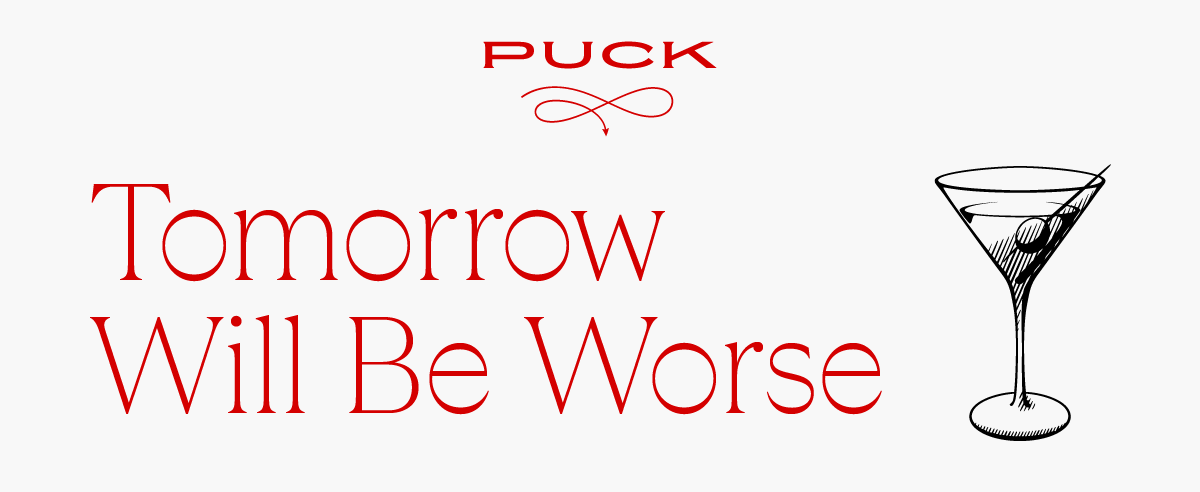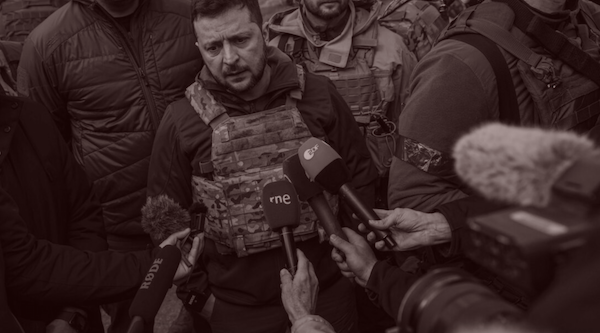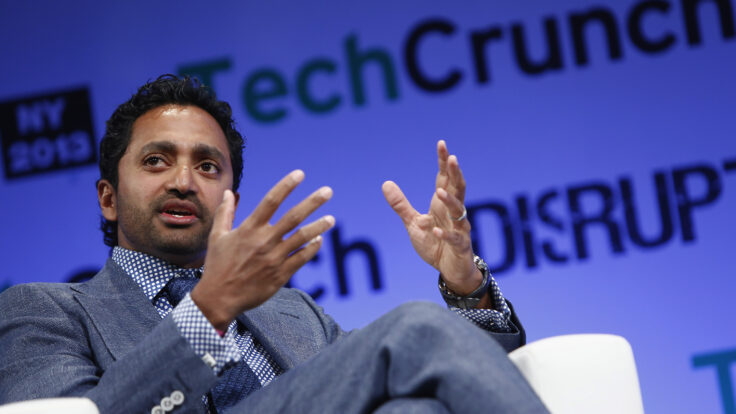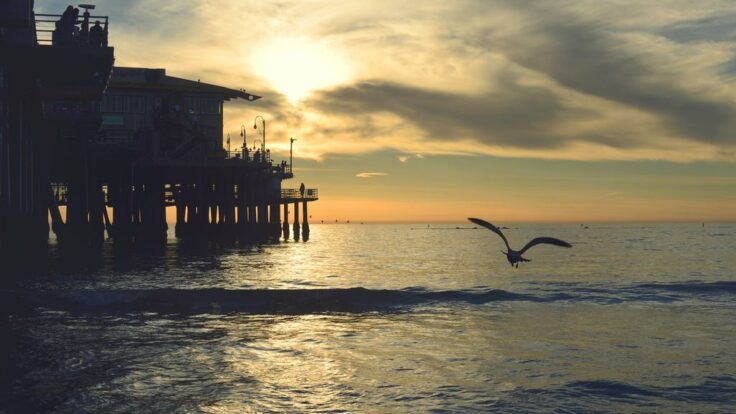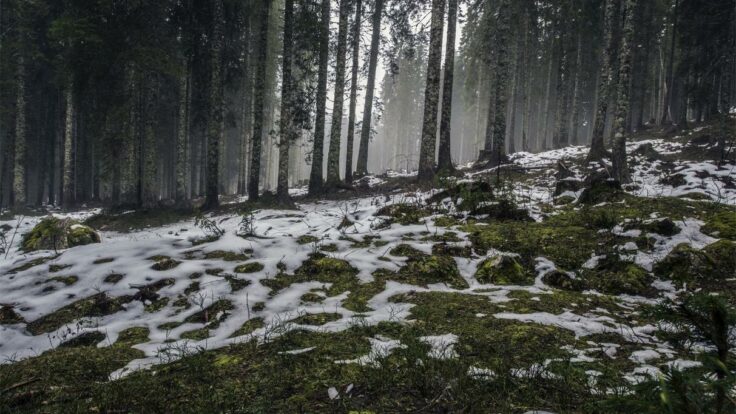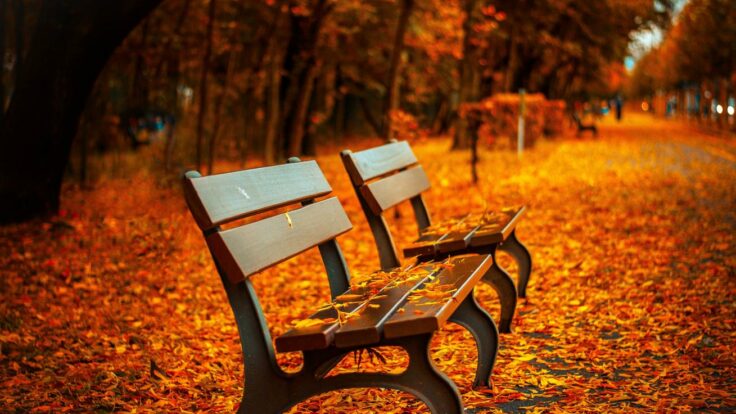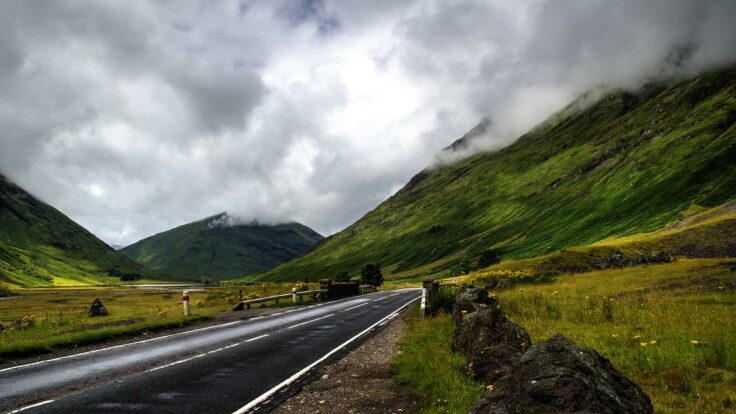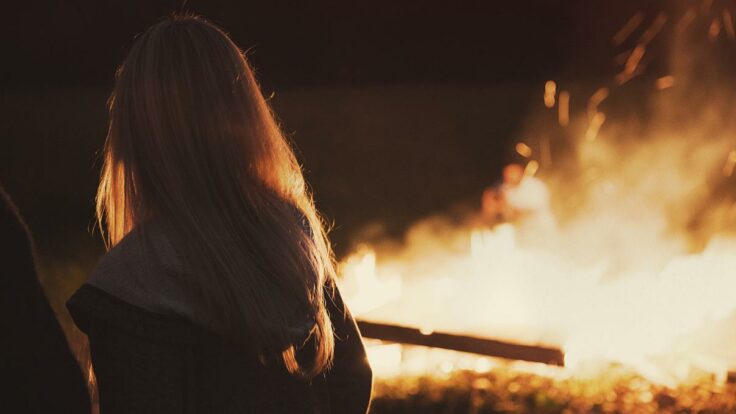|
Hello, and welcome back to Tomorrow Will Be Worse.
As the war drags on, as Russia regroups and tries to take out Ukrainian defenses in the east so it can, perhaps, try again to take Kyiv, I wanted to draw your attention again to efforts to help refugees from the conflict. Last week, I told you about my friend Alina Polyakova, who runs the Center for European Policy Analysis, or CEPA. Alina, who was born in Kyiv and came to this country, like me, as a Jewish refugee, has thrown herself into helping people affected by this horrible, pointless war. She has decided to use the infrastructure of her think tank to launch the Democracy Fellowship, which will provide a place for Ukrainian scholars, journalists, and activists displaced by Russia’s invasion. The fellowship provides a visa to the U.S., a salary, benefits, and time and space to work for a year, to take a breath in the middle of an existential crisis and to think about not only their country’s future, but their own.
Alina and CEPA have also decided to expand the fellowship to include some Russian journalists and activists, who have had to flee Russia because of the repression and military censorship there. It is a somewhat controversial decision, but if you have been reading TWBW, you know what I think about it: there are many Russians who oppose the war, who are horrified and disgusted by it, who feel they share in their government’s guilt and that it is their responsibility to challenge and change their government, no matter how impossible the task may seem. As Benjamin Wittes, the editor-in-chief of the Lawfare blog, noted in a Twitter spaces event we held with CNN’s Bianna Golodryga to announce the fellowship, “You can’t write the future of Russia without Russians.” You can’t change Russia without Russians.
If you would like to help these wonderful Ukrainians and Russians whose lives have been turned upside-down by Vladimir Putin, please donate here.
P.S. As a reminder, you're currently receiving the free version of Tomorrow Will Be Worse at . For full access to my reporting, and to all of my talented colleagues, I hope you'll subscribe here to support the work we're doing at Puck.
Many Ukrainians are in a state of shock after the atrocities in Bucha. For Volodymyr Zelensky’s inner circle, horror has given way to a powerful new conviction. When Ukrainian president Volodymyr Zelensky toured Bucha and Irpin last Monday, at his side was his aide Serhiy Leshchenko. I first met Serhiy in 2014, through Mustafa Nayyem, when the two of them successfully ran for the Ukrainian parliament, the Rada, on the heels of the Maidan revolution. Like Mustafa, Serhiy had also been a star investigative journalist, exposing corruption at the highest levels of the Ukrainian government. Even while he served in government, however, Serhiy’s investigative instincts never left him. In August 2016, he revealed the secret ledgers showing illicit cash payments to Paul Manafort, which ended Manafort’s run as Donald Trump’s campaign manager and began his downfall.
At the end of last week, I spoke to Serhiy. I wanted to ask him about what it was like to tour the sites of atrocities committed by the Russian army, and he agreed readily. He scheduled the interview for midnight, Kyiv time, only to then push it off by an hour because he just wasn’t done with work yet. To say that he sounded exhausted after six weeks of war and living in the Ukrainian president’s office would be an understatement. I could barely hear him on the line. His voice was so faint that I had to listen to my recording of the interview surrounded by perfect silence in order to transcribe what he was saying. It was well worth it. I hope you find our conversation, which has been translated, condensed, and edited for clarity, as interesting and provocative as I did.
Julia Ioffe: You went with President Zelensky to Bucha. What was it like?
Serhiy Leshchenko: Before [going with Zelensky], I went to Irpin on Saturday with [advisor to Zelensky Oleksiy] Arestovych. It was the third day after it was liberated from the Russians and I just knew that I had to see it all with my own eyes. My journalistic instinct pulled me there. So we just got a car and drove there, no security, anything. That Saturday night, I saw Zelensky and told him that he should go, that it was important for the president to be there. On Monday, he went to Irpin and Bucha. By the time we got to Bucha, they had already moved the bodies....
FOUR STORIES WE'RE TALKING ABOUT One of the ugliest defamation battles in Hollywood history goes to trial this week, live on TV. What does Johnny Depp have left to lose? MATTHEW BELLONI As ever on Wall Street, the smart get greedy when retail gets fearful. Plus: A history of Goldman scandals and the sports deal of the decade. WILLIAM D. COHAN After plenty of rumors to the contrary, Norah O’Donnell is staying home, and set up to finally become the Peter Jennings of CBS. DYLAN BYERS Notes on the G.O.P.’s pedo fixations, a political orgy trial balloon, Elon Musk’s Twitter curiosities, and Trump’s 2020 fantasies. TINA NGUYEN
You received this message because you signed up to receive emails from Puck.
Was this email forwarded to you?
Sent to
Interested in exploring our newsletter offerings?
Puck is published by Heat Media LLC.
For support, just reply to this e-mail. For brand partnerships, email ads@puck.news |
-
Join Puck
Directly Supporting Authors
A new economic model in which writers are also partners in the business.
Personalized Subscriptions
Customize your settings to receive the newsletters you want from the authors you follow.
Stay in the Know
Connect directly with Puck talent through email and exclusive events.
